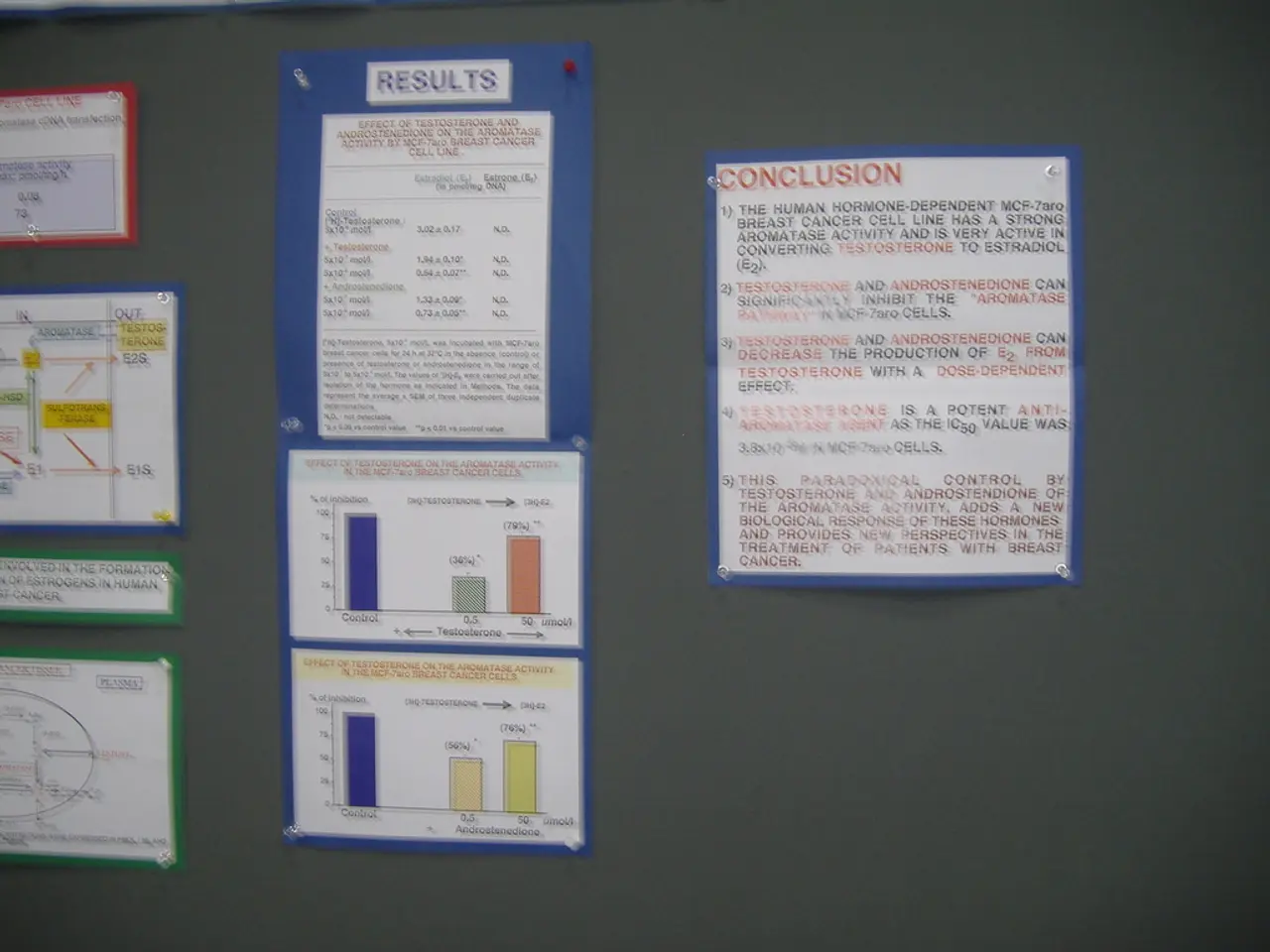Oil-producing nations part of OPEC+ coalition have reached a consensus to boost oil production starting from August.
In a significant move, OPEC+ countries have decided to increase oil production by 548,000 barrels per day starting from August 2025. This announcement was reported by TASS, with the decision being a part of a gradual and flexible return of previously agreed-upon voluntary output adjustments [1].
The decision to increase production was made in response to a favourable global economic outlook and healthy market fundamentals. Despite concerns about global demand and economic slowdowns, OPEC+ noted low oil inventories, which prompted them to increase production to support market stability [1].
The increase in production is not a sudden decision, but part of a strategy aimed at accelerating compensation for participating countries. OPEC+ began unwinding these cuts in April 2025 [1]. Analysts also expect a heavily undersupplied market in August due to peak demand and higher refinery runs, which justifies the need for additional supply [1].
It is worth noting that this increase in production was decided for August 2025, not August 2022, as some reports might suggest. In 2022, OPEC+ implemented production cuts to stabilize prices during the Russia-Ukraine conflict, but in 2025, they reversed this strategy to regain market share and address rising gasoline prices [4].
Russian Deputy Prime Minister Alexander Novak stated on May 3, 2025, that OPEC+ member states have the potential to produce more oil. However, it is important to clarify that this statement does not contradict the earlier reported OPEC+ decision to increase oil production by 548,000 barrels per day in August. Mr. Novak did not specify the reasons for OPEC+ countries holding back on oil production, but his statement suggests that production levels might be higher than the currently agreed increase [2].
In January and February 2025, OPEC+ countries adhered to their agreed production levels, as reported by sources familiar with the situation. In April, the OPEC monitoring committee advised member countries not to change their oil production parameters [3].
In conclusion, OPEC+ countries have agreed to increase oil production by 548,000 barrels per day in August 2025 to support market stability. The decision is part of a gradual and flexible return of previously agreed-upon voluntary output adjustments, aimed at compensating participating countries. Despite the potential for higher production levels, as suggested by Alexander Novak, the reported increase in production for August 2025 remains the confirmed decision.
The agreement to increase oil production by OPEC+ is driven by a positive global economic outlook and robust market fundamentals, regardless of concerns about global demand and economic slowdowns. The energy industry and finance sectors closely monitor this decision as it aims to address low oil inventories, support market stability, and accelerate compensation for participating countries in the oil-and-gas sector.




